The Power of Place With Terra Lightfoot
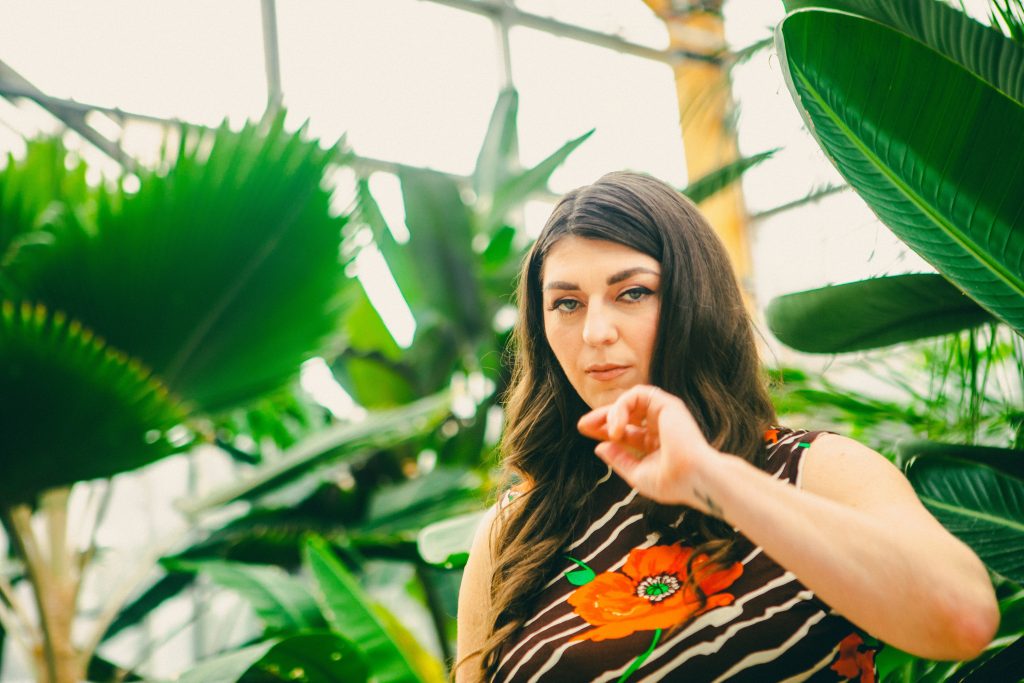
When trying to find the words to describe Terra Lightfoot, the best word I can think of is “badass”. In a world where we don’t see too many female lead guitarists, Terra fills the room with her acoustic skills and powerful voice. The Canadian singer-songwriter shows off her talents in her album Consider the Speed. She balances country rock with poetic lyrics that exudes a vulnerability that can bring even the toughest to tears.
Though Terra embodies rock and roll, she isn’t afraid to show variety. Accompanying her expressive lyrics are traces of folk, blues-rock, gospel and country. There’s power in her voice, a power that was obviously nurtured. You can hear that she grew up around music. She has a sound that was given yet earned. It’s not a surprise that she loves touring. Her music takes you where she’s already been whether it’s Nashville or Ontario or by her grandmother’s bedside. Her lyrics are the car, her guitar is the fuel and her voice are the wheels driving us through an emotional journey full of stops we all can recognize.
FRONTRUNNER spoke with Terra about her album, how touring for two years affected her writing process, the importance of being present when making music, and the antidote to 2020.
What is it about Nashville that seemed to cure your writer’s block and record the album there?
Because we’re in the middle of a pandemic, I obviously had a lot of time to think about everything that’s occurred in the past year. The way I got over my writer’s block had to do with being present. I was not present in my writing process. I was only reflecting on the past and how I could bring that into my record and in my writing. Or I was focusing on the future like what was going to happen with the songs that I was writing. I was never actually just in my body at my desk with my guitar being present.
What knocked me out of that was when we were driving one night on a busy highway in Nashville with all these mansions. It was so beautiful. It was a nice Saturday night and I was driving and I almost hit two horses in the middle of the road. A mom and a baby horse that was just like walking across and no car stopped. No one pulled over except me. Classic Canadian. I didn’t know what to do. I’m like “Where did they come from?” There’s these giant houses but I know you just can’t knock on people’s doors in America. That’s not a thing. I’m keeping them away from the road and doing my best to keep them safe. About 5 days later, I realized that it knocked me out of everything because I hadn’t been present. I hadn’t actually been where I was and when I saw those horses I was only with them. I was only trying to save them. I was only trying to do something good. It was a total inspiration moment. I texted one of my best friends and she said “You probably just saw that so you can write a great song about it.” In the song Two Wild Horses, which caps off the record, it’s sort of a 3 verse meditation on the past, present and future.
Since it’s obvious that your environment has an impact on your music making process, how has Ontario played a role in your music?
There’s a track on the record called Paper Thin Walls which talks about my heart being a hole in the road in northern Ontario where literally no one goes. You just drive right through. That analogy to me is so Candian and so Ontario. There’s no highway. There’s no towns. Once you get past a certain point, you pass through a town called Marathon. There’s basically nothing until you hit Thunder Bay. If you Google Map it, you’ll be able to see what I’m talking about. There’s so much nature in Ontario and I’m super energized by that in terms of environment. So all the places I’ve been and all the traveling I’ve been lucky enough to do pre-pandemic, that certainly informs the record. As a writer, I’m super detailed and I also like to write about where I’ve been because that helps me create specific images. Just like how books create images that bring you there, I want to bring people to the places I’ve been through music.

On your Instagram you posted about nature being an antidote to 2020. Do you think music can do the same?
I absolutely think it can. Not to get too down but I would say probably half of the people who are creative right now are unable to create in the pandemic because it’s tougher and it’s not inspiring. There are so many reasons why people are losing touch with creativity. But then I think there’s another half of people who are creating more than they ever have because they maybe have more time at home. For me, I know that if I don’t get to go outside I feel drained. I get to fill my cup or recharge my batteries when I’m in nature. I think it is the antidote to 2020.
Have there been any songs that have been an antidote for you during 2020?
Yes! This huge song by a Canadian gentleman that I had the chance to open up for when touring. I think he’s a legend. His name is Bruce Cockburn. I discovered the song the night of our album release. My bass player was sleeping over. We got to hang out with my bass player for the first time in months and have him stay with us. He put on the song called Pacing the Cage by Bruce Cockburn. The lyrics are so intense. “I never knew what you all wanted so I gave you everything. All that I could pillage. All the spells that I could sing.” He just goes into all these things. It’s basically a metaphor of finding yourself as you age and as time passes, you’re pacing the cage and you don’t even know. It’s intense. I hope you like it if you listen to it.
What’s your favorite part about touring?
You have uncovered another love of mine but it’s place. I just love walking on a sunny street or wherever I am and grabbing a coffee. That’s my energized phase. I love playing music. It’s just in my heart. It comes from my grandmother, it comes from my great aunt and comes from my other grandmother on my other side. It’s been pouring down on me my whole life. So to be able to go out and share it, it’s like carrying on a family tradition.
Now more than ever I felt more powerful as a woman to be able to carry on the legacy of my grandmothers who both passed away and my great aunt who’s a super badass telecaster player. She’s still around and she’s awesome. Actually, there’s a tune on the record I wrote about letting go of my grandmother when she passed and just holding her hand with my grandfather. It’s called Ramblin Rose. “I’ll let you go as long as you’re leaving. I’ll stay with you as long as you have left.” I haven’t really told anybody that because it is about my grandparent’s relationship but ultimately it’s about being there and grieving.
What’s the story behind the album title?
That’s another writer’s style question. At the beginning of the writing process, I knew I was going to have a lot of time because I was going to be off the road at my house in Hamilton. I even had a little office room. I was so excited about how professional it was. I had a whiteboard and was doing administrative work, going through all my voice memos on my phone, the tempos and the key and all these crazy lyrical themes. So obviously I was going a little bit crazy. It’s crazy that I was spending time being a secretary instead of being present. At the time, I was on the phone with somebody and I absent-mindedly wrote “Consider the Speed” on a piece of paper. I pasted it up on the wall in my writing room and tried to figure out what it meant. Now that I’ve released an album in the middle of a pandemic, I now know that it’s considering how fast something happens. Whether you act on it right away, consider how fast it happens for you, whatever that is. It could be positive or negative. That’s what it means to me.
There’s something pure and vulnerable in your lyrics. What’s your writing process like?
This past record, obviously I was shutting myself in and literally sequestering myself. It was like jury duty. I wasn’t talking to my friends. I wasn’t talking to my family. I was pushing myself so hard to create something authentic which in itself is sort of impossible if you’re trying to be authentic. Ultimately, for this one I was overthinking it so much but once I got into the studio with the band I stopped overthinking. We only had four days together and it’s these amazing top shelf players in Memphis. When I got to the airport there were pictures on the wall and I’m like “What? I get to play with these guys? It’s amazing.” I got to join their band for four days and be their lead guitar player which was so cathartic for me as a woman, as a person, as all those things. To get to walk in the room with these world-class people. It was crazy.
It was recorded at Royal Studios in Memphis. It was like walking into a time capsule. Once I got in, I got to be sort of a band leader which was really scary. I had to walk in there every day and sing in the microphone that Al Green and Ann Peebles sang into and made their hits with. It’s a lot of pressure to be in a place like that but I coached myself everyday to just make it through the day. Lawrence “Boo” Mitchell obviously owns the studio and was engineering; he’s an amazing presence. Jay Newland was the producer and it was top shelf folks that I got to hang out with and make music with. I did a lot of letting go. All of the stuff that I had been worrying about, Jay encouraged me to just let go of it all and play the tune and have fun and that’s what we did.

What made you want to learn guitar?
It actually is my aunt on my dad’s side, my aunt Theresa. She is a ripper. She rode horses and drove motorcycles and ran from the cops and all kinds of crazy stuff. She’s the crazy aunt that you have. She’s inspired me. Ultimately, my mom bought me a guitar from a garage sale with two strings on it and I just couldn’t put it down. I ditched the piano as soon as I could because I hated piano lessons. That encouraged me more because if I played guitar, I wouldn’t have to practice piano. Now that I look back to being a kid and playing guitar, there were a lot of people who told me that I shouldn’t play lead guitar. A lot of men who would say “Just work on this instead.” It probably still happens all the time but there’s definitely more support between women now since I was a kid. There were no women guitar players. Nobody was playing guitar at my school that was a girl, it was all guys. In a way, it was overcoming the fear of not belonging or not being able to be as good. When I look back, it’s more about overcoming other people’s expectations and saying “No, I’m going to do this. Thanks. See you.”
Being one of the few girls playing guitar, how did you navigate through that?
I opened a show four years ago at a huge venue in Canada. When I was warming up with my guitar before the show, one of the technicians said “I don’t think Greg would like it if he knew you were playing his guitar.” The guy who is a band player for the band I was opening for. This is literally a stage technician from a show four years ago. 13,000 people I’m opening a show for and somebody’s telling me to put down my own guitar. That’s just how it has always been. I think it’s given me a lot of power and I’ve been so much more able to support other women.
I put on a review called The Longest Road Show two years ago. I want to do it again and I can’t wait to do it again but there were no men on that stage. It was really telling to see how all of us women who work as professionals in the music industry are often the only one. We’re used to sometimes special treatment and sometimes not special treatment. Sometimes it’s discrimination. It was really something to just have 13 of us hanging out and playing together. It was so powerful.

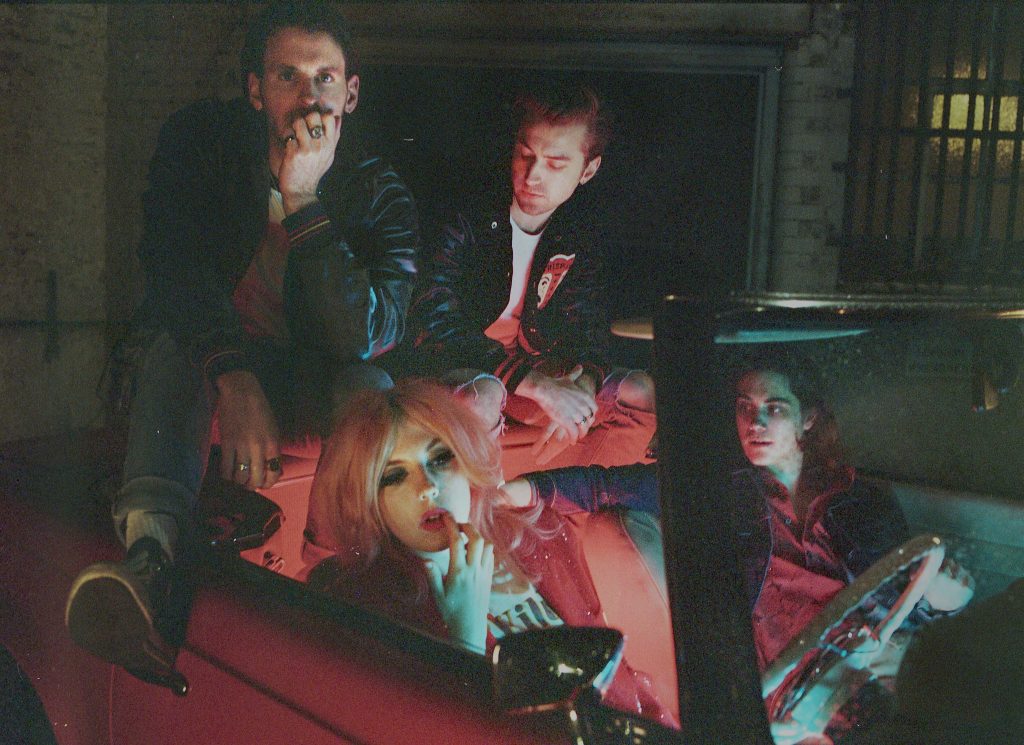
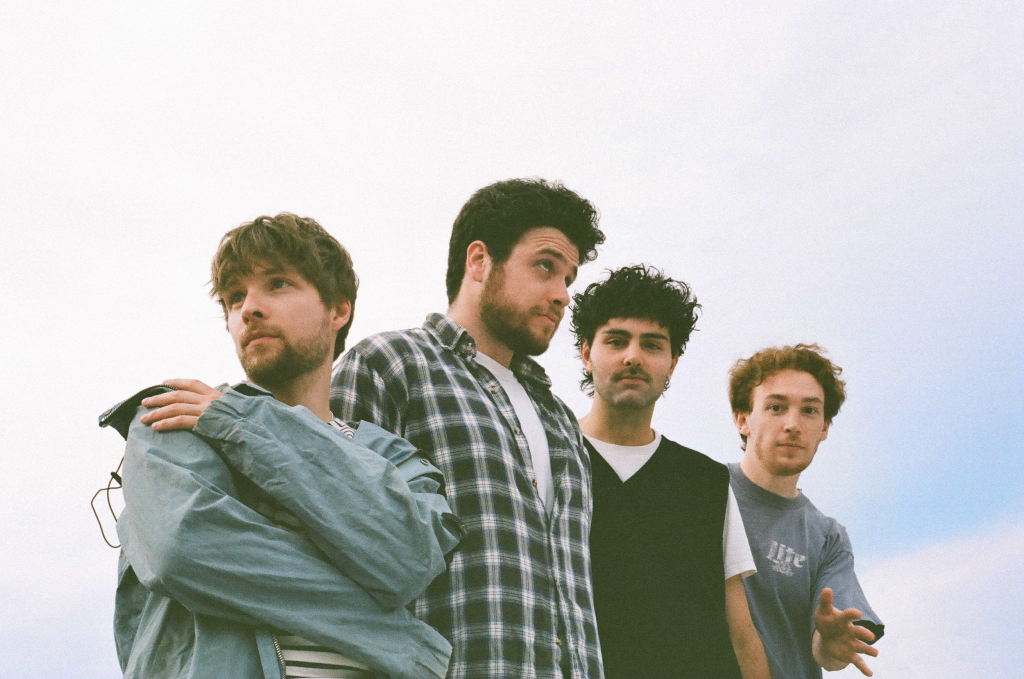

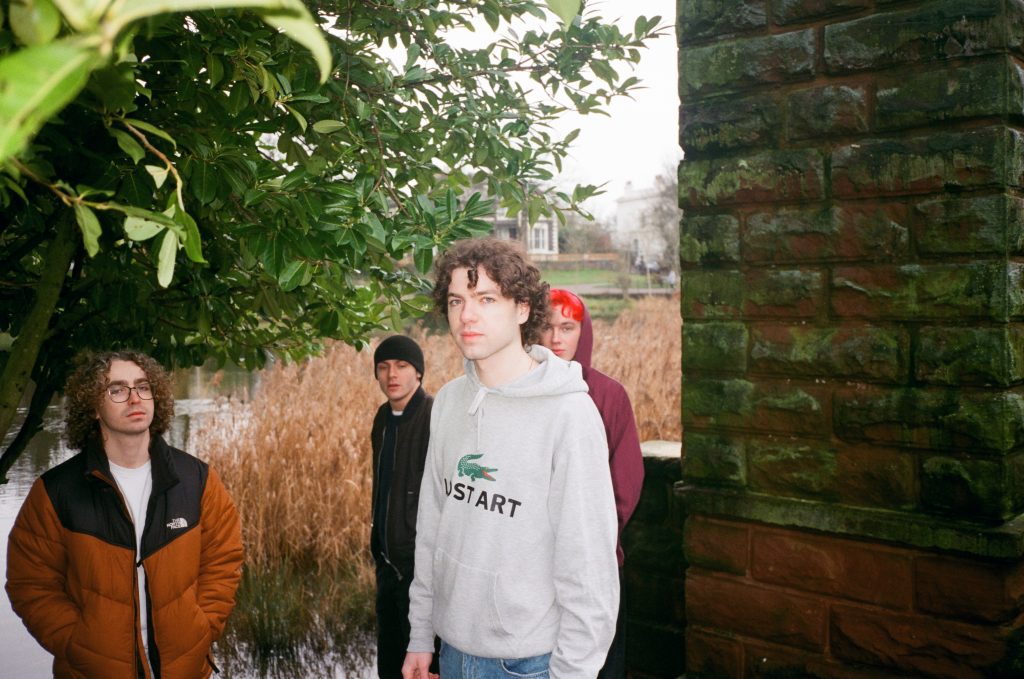
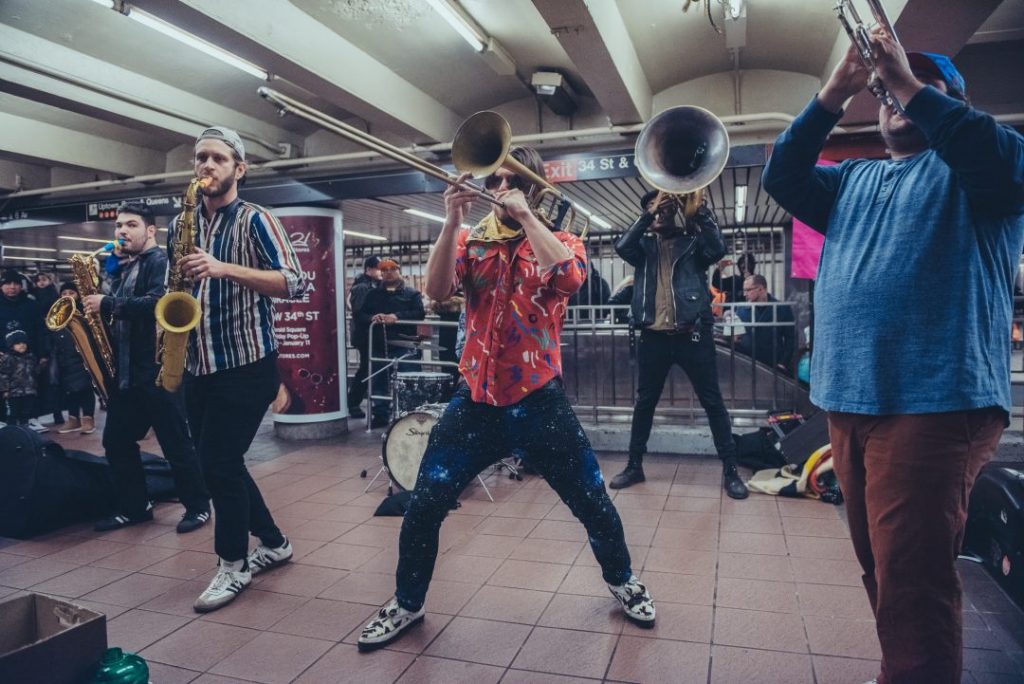
Responses